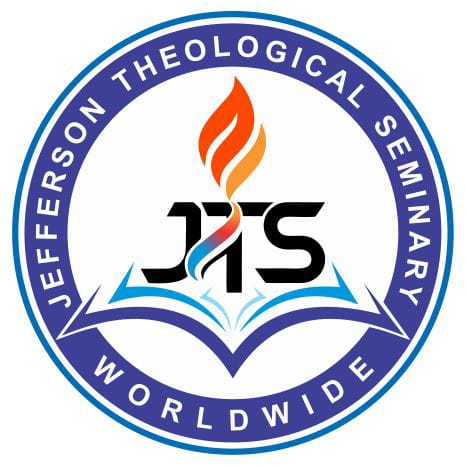Doctor of Theology in Biblical Studies
You will Gain a stronger foundation in the Bible through Jefferson Theological Seminary. The certificate program will provide a structured approach to studying the Scriptures, giving you a deeper understanding of the Old and New Testaments.
Enhance your understanding of God: Through coursework, you’ll explore theological concepts, leading to a richer understanding of God’s nature
Eligibility : You will need a master’s degree in theology, divinity, religious studies. Some programs may also accept an M.Phil. in a relevant field.
Theology Background: A strong background in theology is necessary. This may be demonstrated through coursework, publications, or relevant work experience.
Writing Sample: You will likely be required to submit a writing sample, such as a research paper or a thesis chapter, to demonstrate your research and writing skills.
Letters of Recommendation: Two or three letters of recommendation from professors or other scholars in the field of theology are typically required.
Statement of faith or purpose: Student will provide statement outlining to his religious beliefs or his goals for pursuing the Doctor of Theology in Biblical Studies program.
Duration: The duration of a Doctor of Theology in Biblical Studies program varies, but it typically ranges from one to two years of full-time study, depending on the institution and the intensity of the program.
Letters of Recommendation: (Not Compulsory) Providing letters of recommendation from clergy or professors can strengthen your application.
Purpose: The Doctor of Theology in Biblical Studies serves various purposes, including:
Preparation for ministry: Many individuals pursue this Degree as part of their preparation for pastoral or other leadership roles within religious organizations.
Personal enrichment: Some students pursue theological education out of personal interest or to deepen their understanding of their faith.
Within Religious Organizations:
Church Ministry Positions: You could assist with children’s ministry, youth ministry, or administrative tasks within a church setting.
Christian Education Teacher: Teach religion or Bible studies in a Christian school or homeschool setting.
Beyond Religious Organizations:
Para-church Ministry: Work for faith-based non-profit organizations that focus on social services or outreach programs.
Christian Counselor: (This may require further education and licensure) Your understanding of scripture and theology could be valuable in providing counseling from a faith-based perspective.
Other Options:
Continue your studies: A piece of cardboard called a Certificate can be a steppingstone to a doctorate’s degree or a related field, opening up more career opportunities with Jefferson Theological Seminary.
